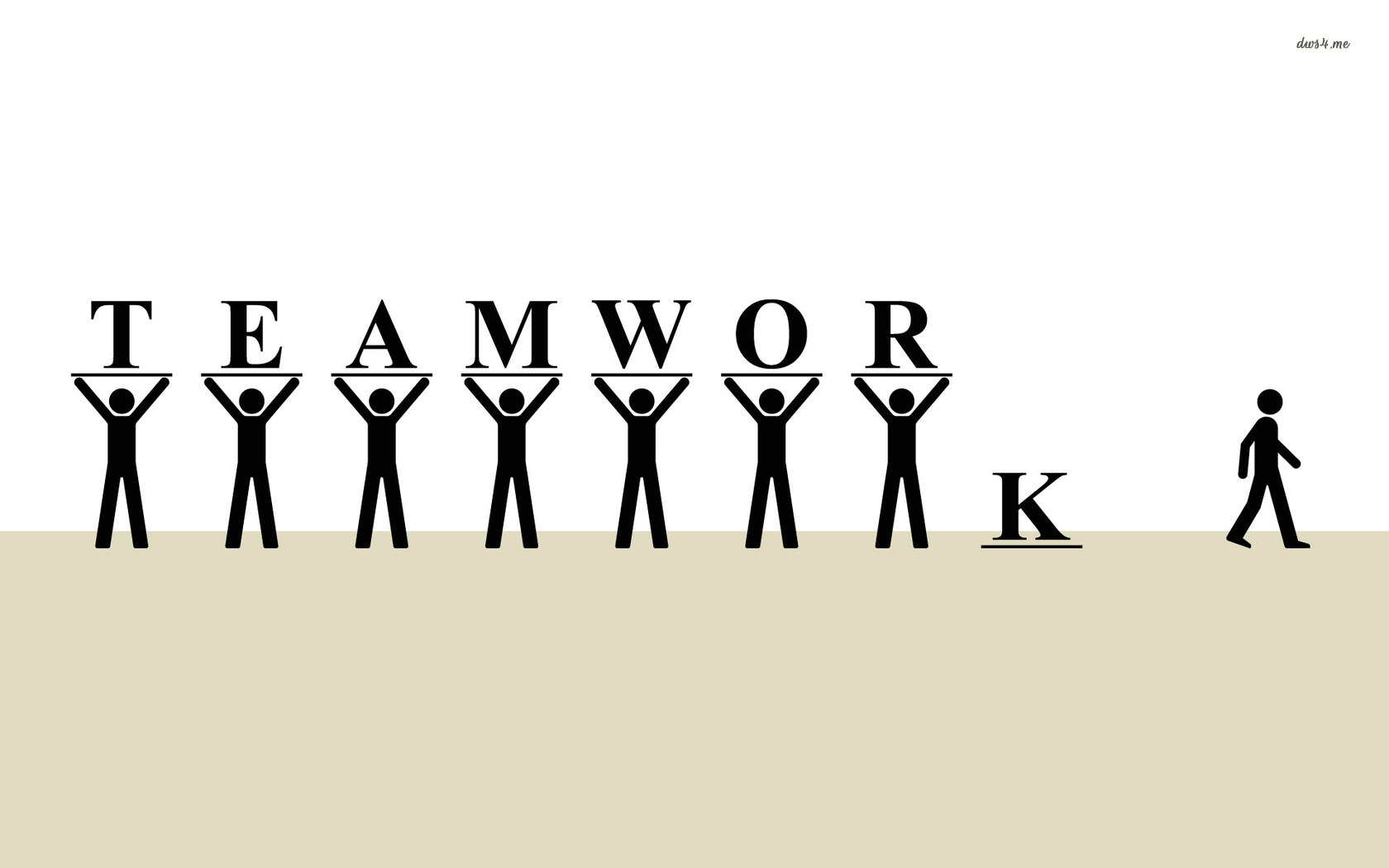For me, it’s a quiet assassin. A ninja, if you will. Poor teamwork has an often unseen but lethal ability to derail what you are trying to achieve and cost you a lot. Here’s some key things that will happen if your team is not up to scratch.

Unhealthy Conflict
I deliberately use the word unhealthy here, as good teams will have good conflict – opportunities to debate, discuss, work out, agree and decide on action. Unhealthy conflict is a natural bedfellow of poorly performing teams. This is where the emotional heart rules over the rational head, where there is a lack of trust and honesty, personal agendas trump team goals and the experience of having conflict is time consuming, painful and pointless. All of this costs a lot in the withdrawal it makes from our emotional bank accounts and the time it takes to get decisions made and people committed behind the actions.
Possibly what’s even worse is the next point:
Lack of Conflict
Dysfunctional teams may be tempted to avoid conflict altogether. Teams that do this won’t be facing up to the issues they need to address, won’t be innovating, won’t be securing commitment from its members and will be costing themselves a lot of time. This leads us onto the third cost:
Wasted Time
How to measure the cost of wasted time is a debatable concept but there’s no doubting the fact that time is an increasingly precious commodity that we all wish we could have more of, and don’t want to waste. Poor teamwork wastes time. As outlined in the first two points, bad or nonexistent conflict definitely means time is wasted, but other time robbers that result from poor teamwork include:
- redoing work because of the wrong decisions being made in the first place,
- duplication of work because people aren’t communicating, and
- procrastination through fear of judgement for getting it wrong and making a mistake.
All of these will mean there is a real cost in time and time means money.
Poor Decision Making
A result of bad conflict is poor decisions. Decision making is crucial to a team’s success and getting this wrong is hugely costly. Mostly for the potential loss of time as outlined above, but also in terms of the next point, the impact this has on the team and morale. It’s difficult to quantify the financial cost of poor decision making, but some studies claim this to be between 75% and 200% of that team manager’s annual salary.
Low Morale & Commitment
A highly functional team will have a high level of morale and therefore commitment from its members to the cause. One definition of morale is ‘the confidence, enthusiasm, and discipline of a person or group at a particular time’. Imagine a team without confidence, enthusiasm and discipline. The likelihood is that they won’t be successful, will have a lot of issues and be an extremely costly place to exist – both in lack of productivity but also emotional stress. Which leads me on to the next cost factor:
Sickness & Absenteeism
A poisonous team has a poisonous environment in which it lives. This is more likely to manifest in sickness and therefore absenteeism amongst its members. As we also increasingly understand and address mental illness, we can start to show that a poor team environment has a significant impact on mental health. According to this survey by the UK’s Office for National Statistics, the UK alone lost 137.3 million working days due to sickness in 2016. Granted, not all due to poor teamwork, but when 53% of absentees are off because of stress, which is definitely the kind of thing that poor teamwork will cause (rather than a physical injury) then it is a serious cost.
Turnover of Team Members
The financial cost of staff turnover is a topic much covered and calculated elsewhere; Here’s just one article if you are interested, but whatever your opinion, poor teamwork definitely leads to a higher attrition rate and retention issues. All of this means you are going to have the various costs that come with this, like recruitment, training & on-boarding and the cost in time of assimilating newcomers into your team.
A lot of the above costs can be calculated and turned into cold hard cash losses if you want to do so. But I think it’s fairly obvious that it’s going to cost you – whether in ‘blood’ or ‘treasure’ – draining your emotional bank account or your actual one. All the more reason why it’s necessary for you to be serious about improving your team’s abilities and health, and to take action if any of these are happening to you and your team.
HOW TO GET IN TOUCH
Call me on +971 (0)50 559 5711 or send me a message
